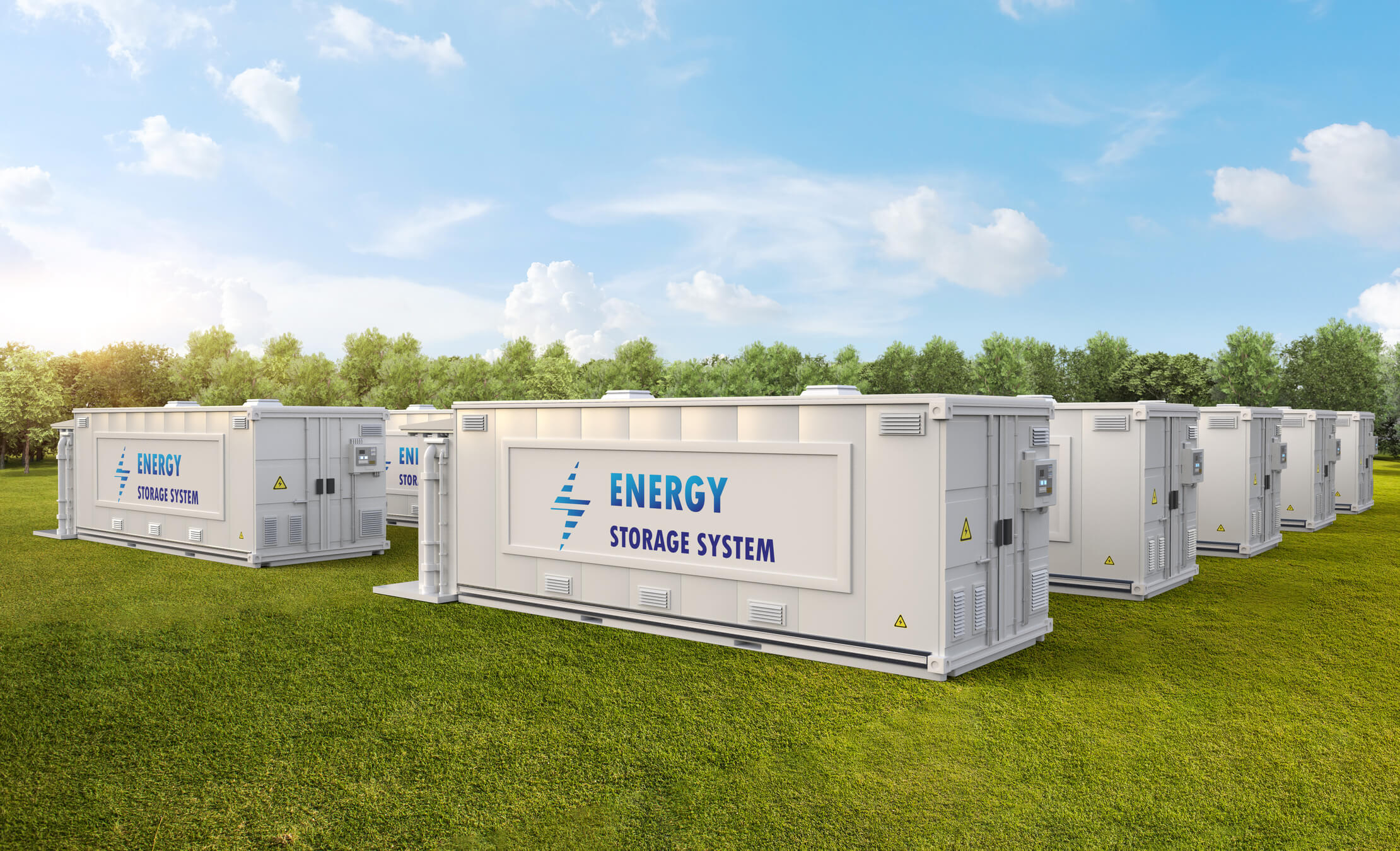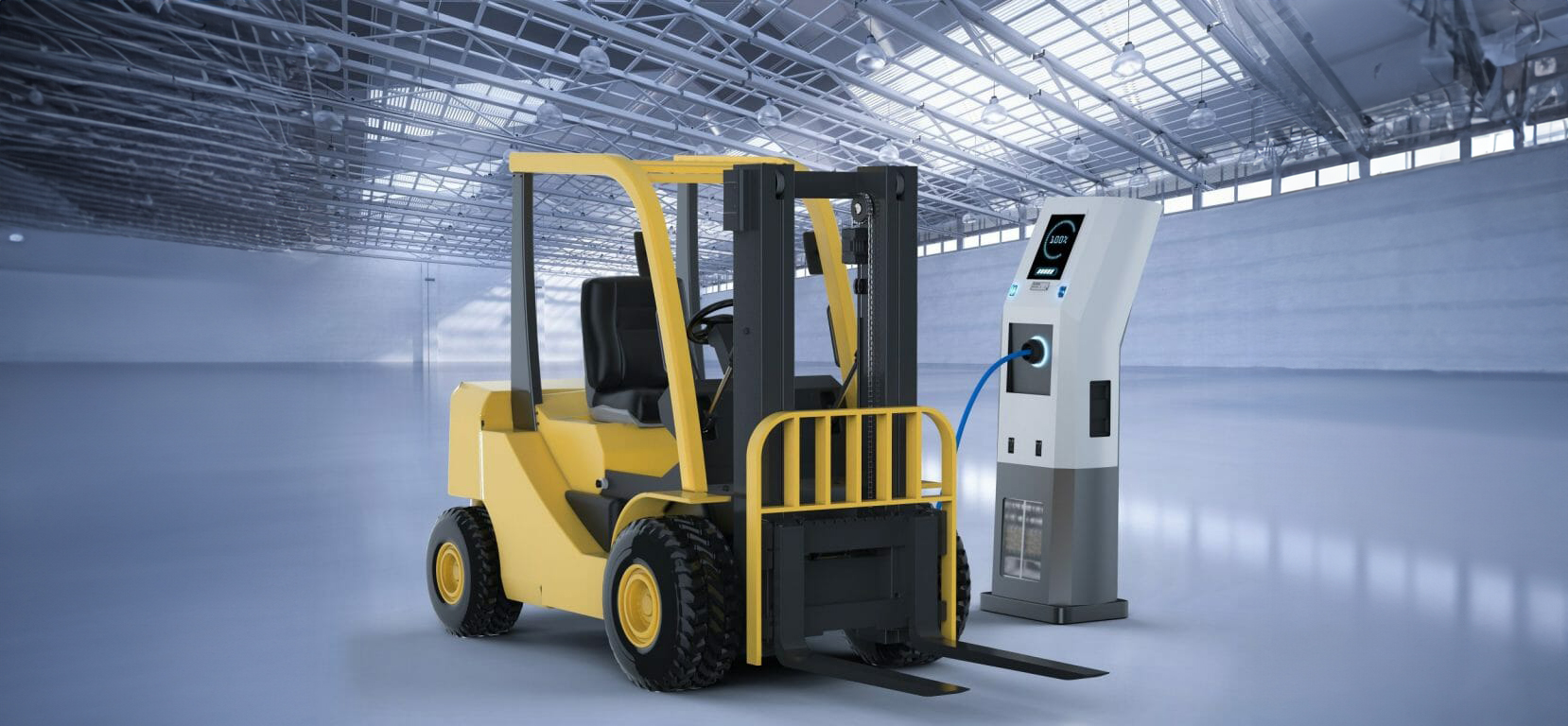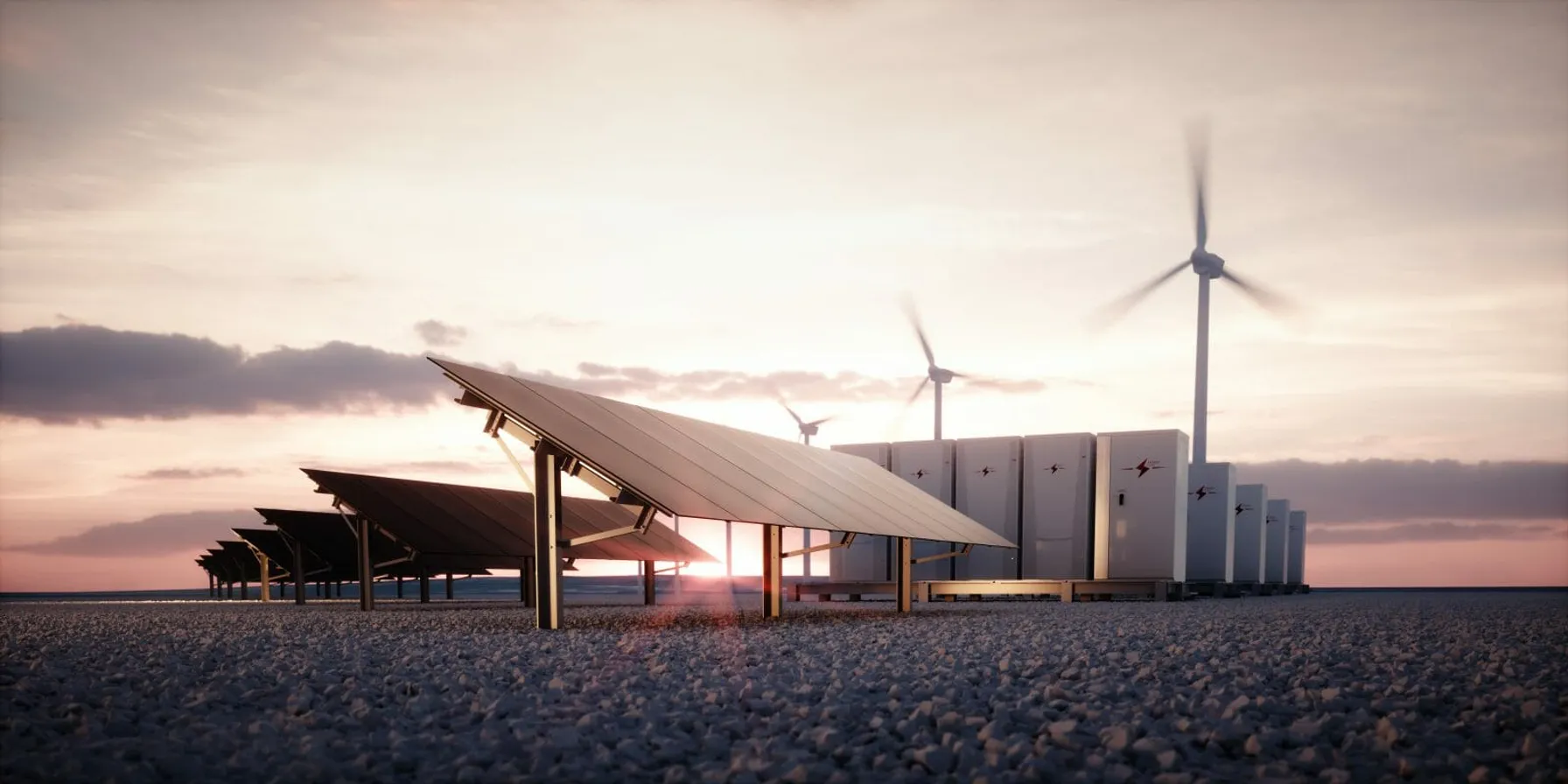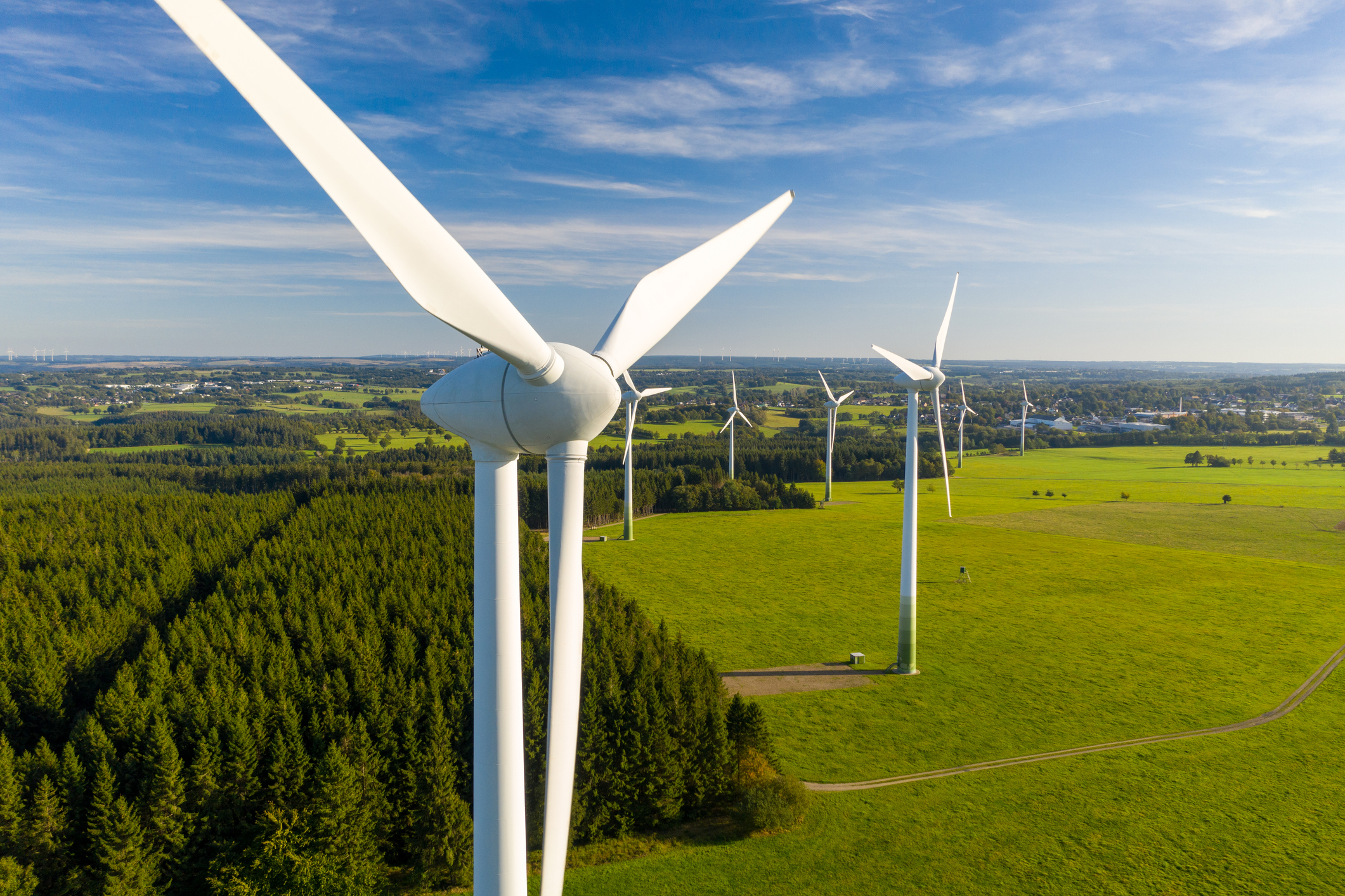Many companies want to harness the power of green energy. Doing so depends on finding the proper method of deploying this type of energy once it has been produced. Renewable energy requires a reliable and accessible storage method, and a battery energy storage system (BESS) can assist with these needs. Understanding the components of battery energy storage may give energy producers better power system flexibility and allow a more significant level of integration of renewable energy.
BESS function similarly to the battery used in a flashlight, storing and offering power when needed. However, a BESS works on a larger scale and charges differently. It relies on algorithms to determine when energy should be produced and sent to the grid. By syncing this release with the periods when energy sees the most demand (energy peaks), electricity costs remain stable, and the supply keeps coming.
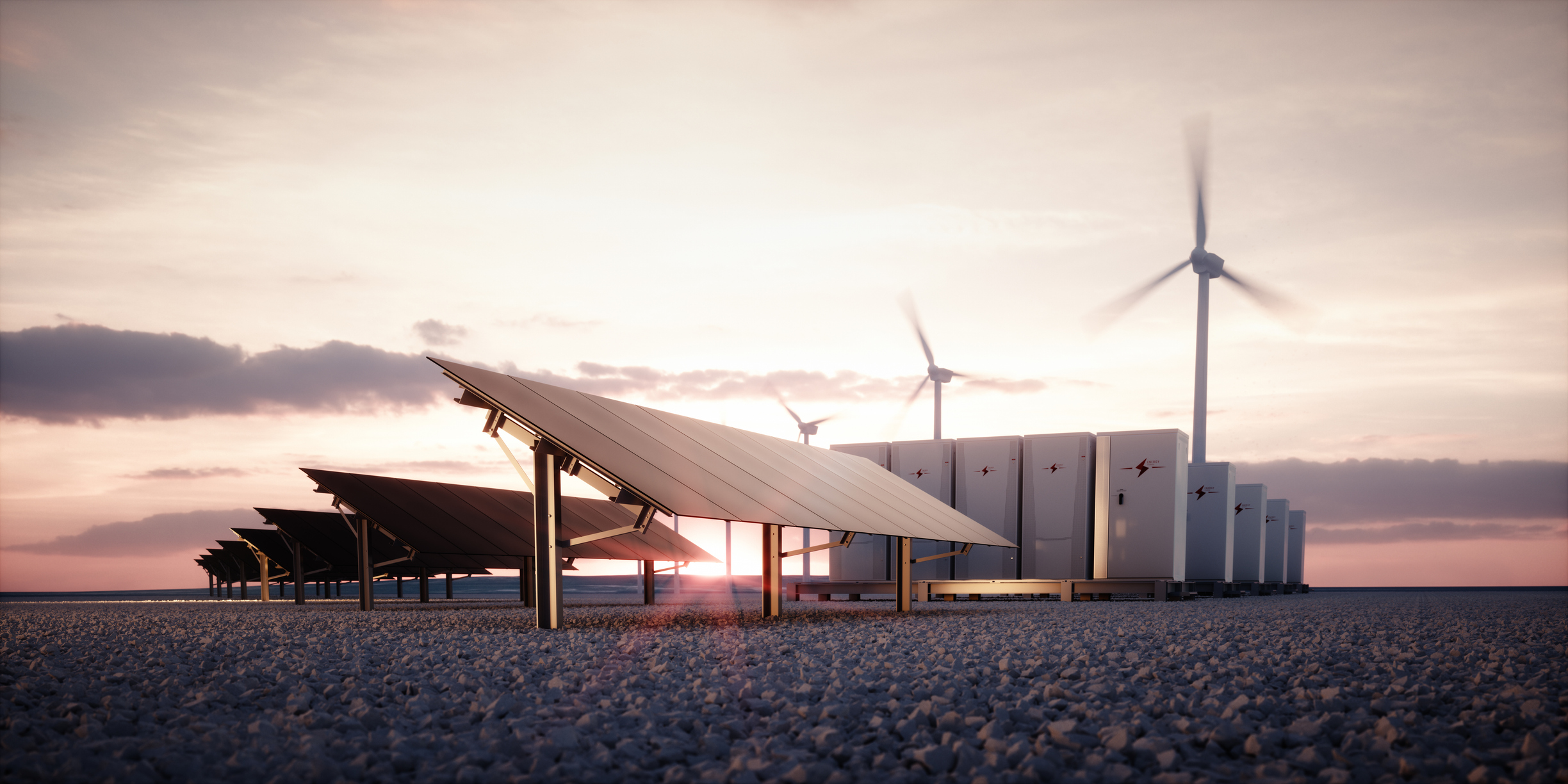
What Are the Key Characteristics of a BESS?
The energy powering a BESS can come from different sources, such as wind and solar. Storage varies depending on characteristics unique to the system, such as:
- How energy is generated now and in the future
- Connections to nearby power systems
- Electricity demand at different times
- The flexibility of sources used to generate energy
Two primary aims of BESS include decreasing energy costs and increasing its production. Engineers achieve this by balancing supply and demand through BESS. Storing energy can help customers transition to renewable energy sources when they are readily available. For instance, it means wind energy stays accessible even during a windless day, and energy providers can tap into stored solar power on cloudy days.
What Are the Applications of a BESS?
Having a BESS on-site can simplify everyday functions and offer backup should something unforeseen occur. BESS has many applications, including:
- Operating reserves: Electricity demand and reserves should match up, and a BESS can help achieve this by charging or discharging at a lightning pace. They make excellent short-term and long-term reliability services, allowing for things such as demand load-following.
- Arbitrage: Electricity prices can rise and fall throughout the day. A BESS lets you charge during low-cost times and discharge during peak usage periods. A side effect of this is decreasing the curtailment of renewable energy.
- Peaking capacity: A BESS can help pair energy supply with peaking generation capacity, improving system reliability.
- Black starts: Before generating electricity the grid needs, large generators must receive an external source of electricity to address vital functions. While a power grid can provide this energy, a system failure can wipe out that ability, and an on-site BESS serves as a critical backup.


